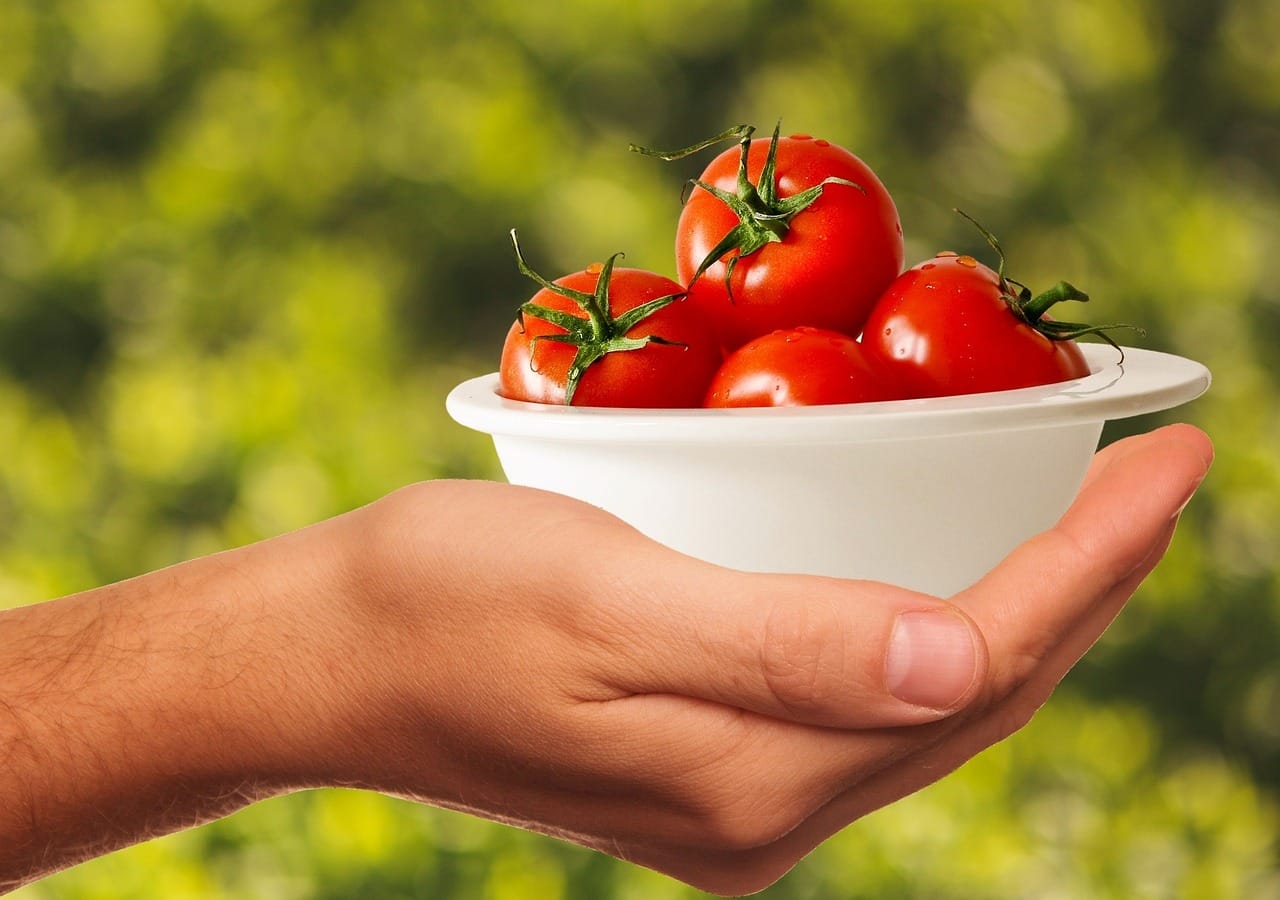The quest for the perfect veggie burger is a journey filled with endless possibilities. Whether you’re a dedicated vegetarian, a flexitarian exploring plant-based options, or simply looking to diversify your meals, the world of veggie burgers offers a delicious and nutritious alternative to traditional meat patties. From the classic bean-based burger to innovative creations made with vegetables, grains, and plant-based proteins, there’s a veggie burger out there for everyone. This article will dive into the fascinating world of veggie burgers, exploring their benefits, ingredients, preparation, and how to choose the best one for your taste and needs.
The Rise of the Veggie Burger: Why Choose Plant-Based?
Health Benefits: Beyond Just Being Meatless
Veggie burgers aren’t just a trend; they represent a shift towards healthier and more sustainable eating habits. Choosing a veggie burger over a beef patty can offer a range of health benefits:
- Lower in Saturated Fat: Many veggie burgers contain significantly less saturated fat than their meat counterparts, contributing to better heart health. Look for burgers made with whole foods and healthy oils.
- Rich in Fiber: Plant-based ingredients like beans, lentils, and vegetables are naturally high in fiber, which aids digestion, promotes satiety, and helps regulate blood sugar levels.
- Good Source of Vitamins and Minerals: Depending on the ingredients, veggie burgers can be packed with essential nutrients like iron, folate, potassium, and vitamin K.
- Reduced Cholesterol: Plant-based foods are naturally cholesterol-free, making veggie burgers a heart-healthy option.
Environmental Impact: A Sustainable Choice
Beyond personal health, choosing veggie burgers can have a positive impact on the environment.
- Lower Carbon Footprint: Livestock farming is a significant contributor to greenhouse gas emissions. Plant-based alternatives generally have a much smaller carbon footprint.
- Reduced Water Usage: Producing plant-based foods typically requires less water than raising livestock.
- Land Conservation: As demand for plant-based protein increases, less land is needed for animal agriculture, potentially freeing up resources for other purposes.
For example, a study published in “Environmental Science & Technology” found that plant-based burgers can reduce greenhouse gas emissions by up to 90% compared to beef burgers.
Decoding the Ingredients: What’s in Your Veggie Burger?
The Building Blocks: Common Ingredients
Veggie burgers come in a vast array of flavors and textures, thanks to the diverse range of ingredients used. Here are some of the most common building blocks:
- Legumes: Beans (black beans, kidney beans, chickpeas) and lentils provide a hearty base, protein, and fiber.
- Grains: Brown rice, quinoa, oats, and barley add texture, carbohydrates, and nutrients.
- Vegetables: Mushrooms, onions, carrots, beets, and peppers contribute flavor, vitamins, and minerals.
- Nuts and Seeds: Walnuts, almonds, sunflower seeds, and flaxseeds provide healthy fats, protein, and added texture.
- Binders: Breadcrumbs, tofu, eggs (in some recipes), and starches (potato, corn, tapioca) help hold the burger together.
- Flavor Enhancers: Herbs, spices, garlic, onions, soy sauce, and nutritional yeast add depth and complexity to the flavor profile.
Navigating the Labels: Reading Ingredient Lists
When choosing a veggie burger, it’s crucial to read the ingredient list carefully to ensure you’re making an informed decision.
- Prioritize Whole Foods: Look for burgers where whole, unprocessed ingredients like beans, vegetables, and grains are listed first.
- Watch Out for Additives: Be mindful of excessive amounts of sodium, artificial flavors, preservatives, and unhealthy fats.
- Check for Allergens: Pay close attention to potential allergens like soy, gluten, nuts, and sesame.
- Consider Protein Content: Aim for a burger with a good source of protein, ideally from legumes, nuts, or seeds.
- Pay Attention to Fat Content: Opt for burgers that are lower in saturated fat and higher in healthy fats like those found in nuts and seeds.
Cooking the Perfect Veggie Burger: Tips and Techniques
Grilling, Pan-Frying, or Baking: Choosing Your Method
Veggie burgers can be cooked in various ways, each offering a slightly different texture and flavor.
- Grilling: Adds a smoky flavor and slightly charred texture. It’s important to use a grill basket or foil to prevent the burger from falling apart.
Tip: Brush the grill with oil to prevent sticking.
- Pan-Frying: Creates a crispy exterior and juicy interior. Use a non-stick skillet and a small amount of oil.
Tip: Cook over medium heat and flip the burger carefully to avoid breaking it.
- Baking: A healthier option that requires minimal oil. Preheat the oven to 375°F (190°C) and bake for 15-20 minutes, flipping halfway through.
Tip: Line the baking sheet with parchment paper for easy cleanup.
Preventing the Crumble: Achieving Perfect Texture
One of the biggest challenges when cooking veggie burgers is preventing them from falling apart. Here are some tips to maintain their integrity:
- Don’t Overcrowd the Pan: Cook the burgers in batches to ensure even cooking and avoid lowering the temperature of the pan.
- Avoid Over-Flipping: Flip the burger only once when it’s properly seared on one side.
- Use a Gentle Hand: Handle the burgers carefully to prevent them from breaking. A spatula works well for flipping and transferring.
- Consider Chilling: Chilling the patties in the refrigerator for at least 30 minutes before cooking can help them firm up.
Serving Suggestions: Beyond the Bun
While a classic bun with your favorite toppings is always a great choice, veggie burgers are versatile and can be enjoyed in many creative ways.
- Salad Topper: Crumble a cooked veggie burger over a salad for a protein-packed and flavorful meal.
- Grain Bowl Component: Add a sliced or cubed veggie burger to a grain bowl with quinoa, brown rice, or farro, along with your favorite vegetables and sauce.
- Stuffed Peppers: Use a veggie burger as a filling for stuffed bell peppers. Combine the burger with rice, vegetables, and spices.
- Lettuce Wraps: Serve a veggie burger in lettuce wraps for a low-carb and refreshing meal.
Choosing the Right Veggie Burger: A Guide to Selection
Frozen vs. Homemade: Weighing the Pros and Cons
Both frozen and homemade veggie burgers have their advantages and disadvantages.
- Frozen Veggie Burgers:
Pros: Convenient, readily available, long shelf life.
Cons: Can be highly processed, may contain additives, flavor and texture can vary greatly.
- Homemade Veggie Burgers:
Pros: Control over ingredients, customizable flavor, often healthier.
* Cons: More time-consuming, requires planning and preparation.
Reading Labels: Nutrition and Ingredient Considerations
When selecting a frozen veggie burger, pay close attention to the nutrition label and ingredient list.
- Protein Content: Aim for at least 10 grams of protein per serving.
- Sodium Content: Choose burgers with less than 400mg of sodium per serving.
- Saturated Fat: Opt for burgers that are low in saturated fat (less than 2 grams per serving).
- Fiber Content: Look for burgers with at least 3 grams of fiber per serving.
- Ingredient List: Prioritize burgers with whole, recognizable ingredients and minimal additives.
Exploring Different Varieties: Finding Your Favorite
The world of veggie burgers is diverse, offering a wide range of flavors and textures. Don’t be afraid to experiment to find your favorites.
- Black Bean Burgers: A classic choice, known for their hearty texture and smoky flavor.
- Mushroom Burgers: Earthy and savory, often made with portobello or cremini mushrooms.
- Beet Burgers: Vibrant and slightly sweet, with a beautiful color.
- Quinoa Burgers: A good source of protein and fiber, offering a slightly nutty flavor.
- Sweet Potato Burgers: Slightly sweet and creamy, often combined with black beans or other vegetables.
Conclusion
The veggie burger has evolved from a niche product to a mainstream staple, offering a delicious and healthy alternative to traditional meat patties. By understanding the benefits, ingredients, preparation techniques, and selection criteria, you can confidently navigate the world of veggie burgers and find the perfect option to suit your taste and dietary needs. Whether you choose to buy pre-made burgers or create your own culinary masterpiece, the possibilities are endless. Embrace the plant-based revolution and discover the deliciousness and versatility of the humble veggie burger!




